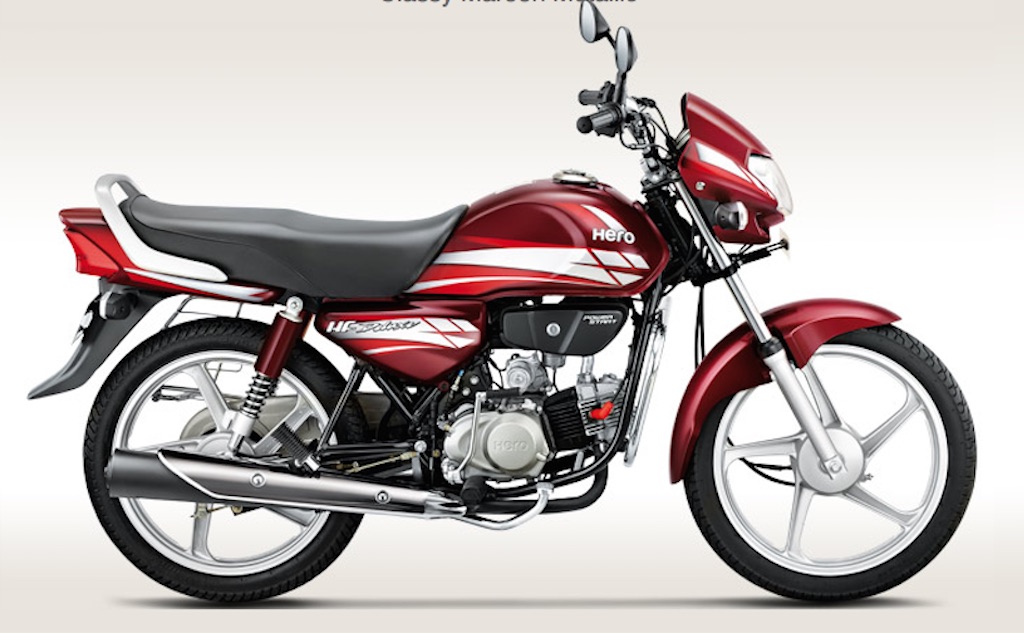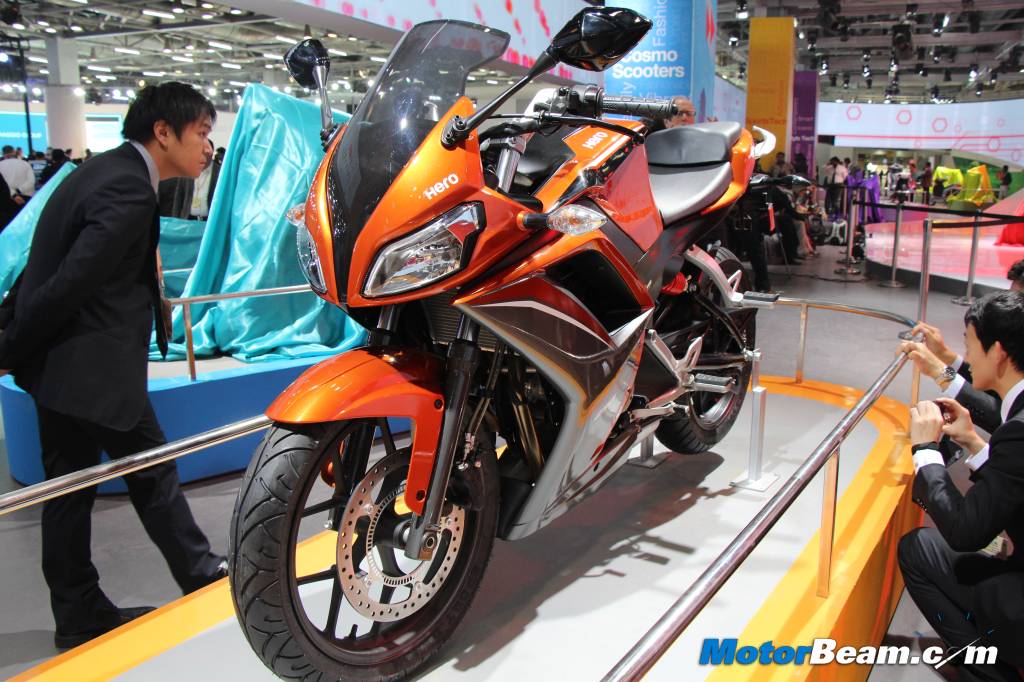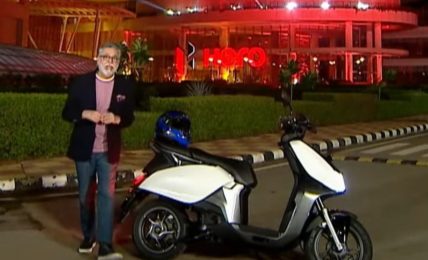Expansion plans of Hero MotoCorp have hit a roadblock since the high court in Hyderabad has ordered the company to not setup the plant on the land allotted to it in Andhra Pradesh.

With continuously growing two-wheeler sales in the country, brands are looking to expand their facilities to produce more and more units of their offerings. However, it isn’t as easy as it sounds to expand production capacity. If done within the current facility, it is relatively easier. However, if a new factory has to be setup, it becomes really tough due to the various steps it involves and the bureaucratic delays which hinder the process many times. Same has happened with India’s largest two-wheeler company Hero MotoCorp.
The Karizma maker wanted to setup one of the biggest facilities in South India and the Andhra Pradesh government won the race to host the factory. Soon after that, they allotted a huge area to the bike maker for building the facility in close proximity to Sri City. But as soon as the news broke out, a company called Ishwariya Orchards based out of Chennai claimed ownership of the land and appealed in high court. It is said that the land had been under dispute since 2007 and the case has been running since then.
The Government of Andhra Pradesh allotted a land under dispute to Hero MotoCorp considering that they have a right on land under dispute. But, things do not work that way it seems. Even though there’s a lot of land available at other places in the state, this land was allotted on Hero’s insistence due to strategic reasons. The proposed facility is to be built with an investment of Rs. 3000 crores but the project seems to be in midair for now. The company is setting up two other facilities in Rajasthan and Gujarat for expanding further. Once all the factories are up and running, the annual production capacity of the brand would be 12 million units.

Source – EconomicTimes.com




